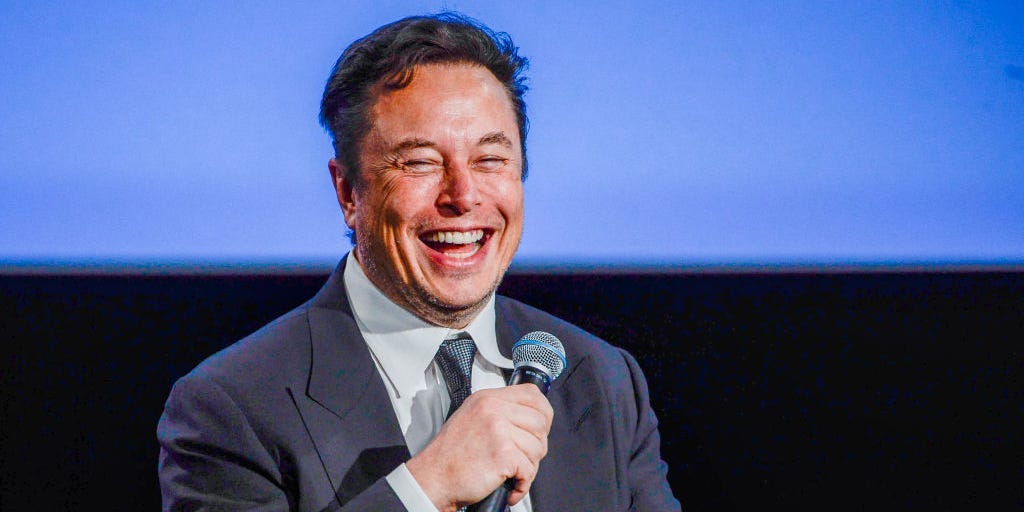Secondary trades of Neuralink stock have pushed the startup’s value to around $5 billion, Reuters said. Two years ago, the brain implant company was valued at close to $2 billion. Currently, 85% of pre-IPO companies are undergoing a 47% discount in secondary trades. Loading Something is loading.
Thanks for signing up!
Access your favorite topics in a personalized feed while you’re on the go.
Despite being years away from a commercial clearance, the worth of Elon Musk’s Neuralink has more than doubled to around $5 billion, according to Reuters.
Secondary trades of the privately held brain implant startup boosted its worth in recent months, Reuters said, citing privately executed stock trades described by several sources.
Two years ago, Neuralink was valued at about $2 billion following its last known fundraising round, which raised $205 million.
To be sure, secondary trades, which are done by existing shareholders like employees and early investors, take place in thin volume, potentially skewing valuation estimates. That’s in contrast to fundraising rounds or initial public offerings, which draw in new investors on a broader scale.
The secondary trades that put Neuralink at $5 billion took place before it secured FDA approval for a human trial.
But after that, Neuralink shares were pitched to investors in recent days for $55 each, implying a valuation of $7 billion valuation, according to an email seen by Reuters. However, whether buyers have been found at that price is unknown.
Neuralink’s valuation climb goes against the grain of most startups. Currently, 85% of pre-IPO companies are undergoing a 47% discount in secondary trades, Reuters reported, citing Caplight data.
Neuralink aims to introduce neural-interface technology that may stimulate brain activity, such as in paralyzed patients.
Musk has previously laid out grander ambitions, expressing that the brain chips would open the doors to mental telepathy or web-browsing, as well as treating mental illness.
Earlier, he had indicated that human trials would occur in 2022, but was held back by the Food and Drug Administration, which cited safety concerns.
Although the FDA approval received on May 25 appears to have incentivized the private trades, Neuralink still has challenges to face. That’s as the company is under investigation for a number of reasons.
A separate Reuters report from May found that the company may have elected insiders to its animal-research oversight committee, who would benefit financially from allowing rapid development. The stock held by some of the employees has soared 150% in value over two years.
Neuralink has also been under scrutiny for animal-welfare violations, with the company’s staff telling Reuters of rushed surgeries on monkeys, pigs and sheep.
A Department of Transportation probe is also underway, to see if the firm failed to carry out proper containment measures after transporting chips removed from monkey brains.
